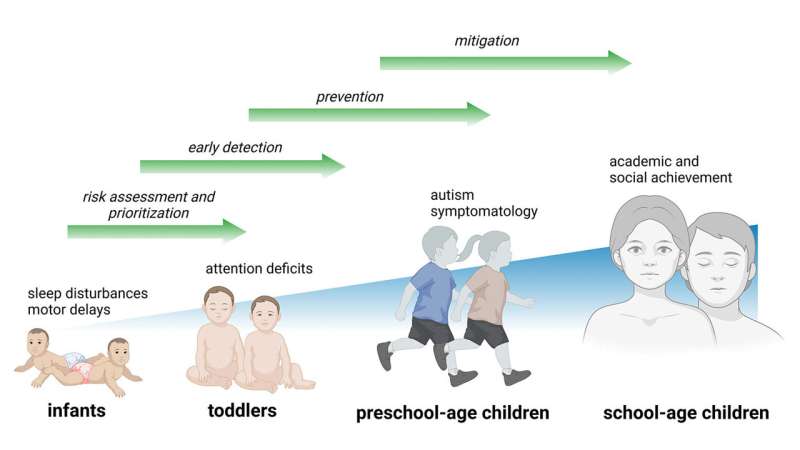While significant progress has been made in understanding the biology of NF1 in animal models, translating these findings into clinical outcomes that improve children’s quality of life remains a challenge. Overcoming it will require the insights of fundamental biologists, neuroscientists, clinicians, educators, and patients’ families, all working toward a common goal.
Enter the Penny’s Flight Foundation. The organization recently partnered with Cold Spring Harbor Laboratory (CSHL) Professor Linda Van Aelst, a neuroscientist studying NF1 and related incidences of glioblastoma. Van Aelst and Penny’s Flight recognized a need to get more top minds deliberating over NF1, so they looped in CSHL’s Banbury Center think tank. Banbury had hosted five meetings on NF1, but it had been 20 years since the last one. The time had come to revisit the condition in light of significant scientific and technological advances.

